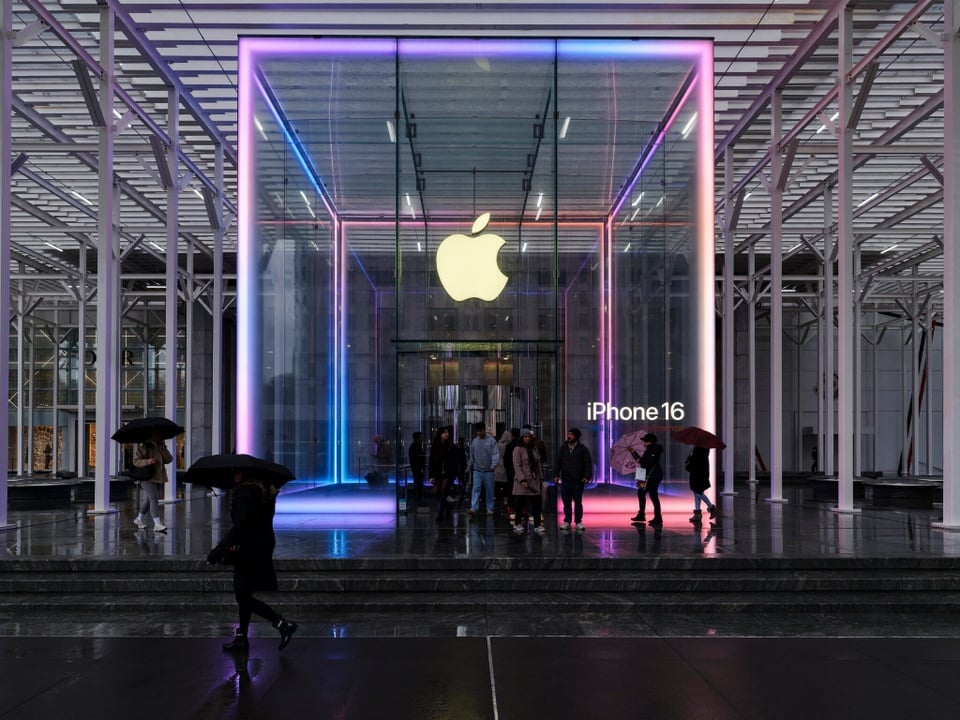 |
View in front of Apple store in New York (USA). Photo: New York Times . |
Last weekend, the technology world received positive news when the US government announced tariff exemptions for many technology products such as smartphones, computers...
However, the joy was short-lived when US President Donald Trump announced that the above products would be included in the semiconductor tariff group. According to Secretary of Commerce Howard Lutnick, a separate tariff list is expected to be announced in the next 1-2 months.
The Trump administration's conflicting tariff moves could create uncertainty on Wall Street, analysts say, while companies like Apple are likely to be "on edge."
Not over yet
“The chaos of the ‘tariff spiral’ will continue to have a negative impact,” said Adam Thierer, a senior fellow at the technology-focused R Street Institute.
Responding to WSJ , Thierer commented that the exemption shows that the Trump administration is no longer focusing on extreme policies. Previously, analysts warned that imposing tariffs on technology products would put the US at a disadvantage in the AI race with China.
Investors will be watching first-quarter results from major banks such as Goldman Sachs Group, Bank of America and Citigroup, along with industrial companies including United Airlines, for specific clues about the impact of tariffs on the economy.
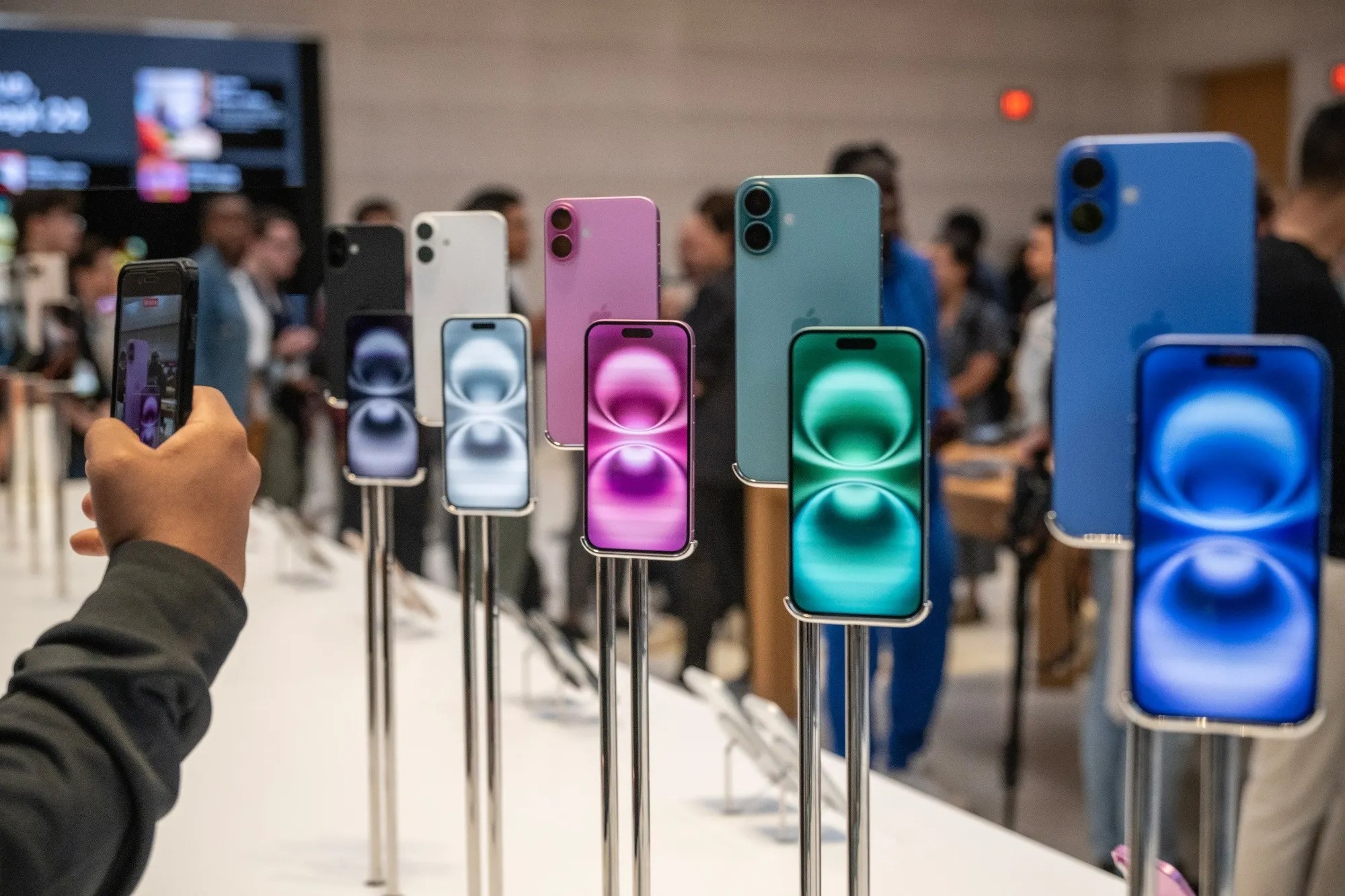 |
Apple's iPhone 16 series. Photo: Bloomberg . |
Some investors, including Ray Dalio, founder of Bridgewater Associates, have warned of the possibility of a recession, while Neel Kashkari, president and CEO of the Federal Reserve Bank of Minneapolis, said recession predictions would be based on a “quick resolution” to trade tensions with major trading partners.
He stressed that the decline in user confidence is a worrying sign.
“This is the biggest blow to confidence that I can remember in my 10 years at the Fed, except for the Covid outbreak in March 2020. When confidence is shaken so badly, it has a big impact on the economy,” Kashkari emphasized.
Dark clouds still "cover" Apple
Mr. Trump's unexpected moves over the past week have had a major impact on the stocks of many companies, including Apple.
Although it has managed to squeeze through the narrow door, WSJ believes that Apple will face many new challenges, especially when the company is having difficulties in the smartphone market, its reputation is affected by AI features that are not as effective as expected.
While the market rallied after Trump announced tariff exemptions, Apple shares ended Friday down nearly 12% from their pre-tariff levels. By comparison, the Big Five tech stocks fell an average of just 2%.
By the morning trading session on April 14 (local time), Apple's stock price had skyrocketed. However, analysts said the situation was not stable.
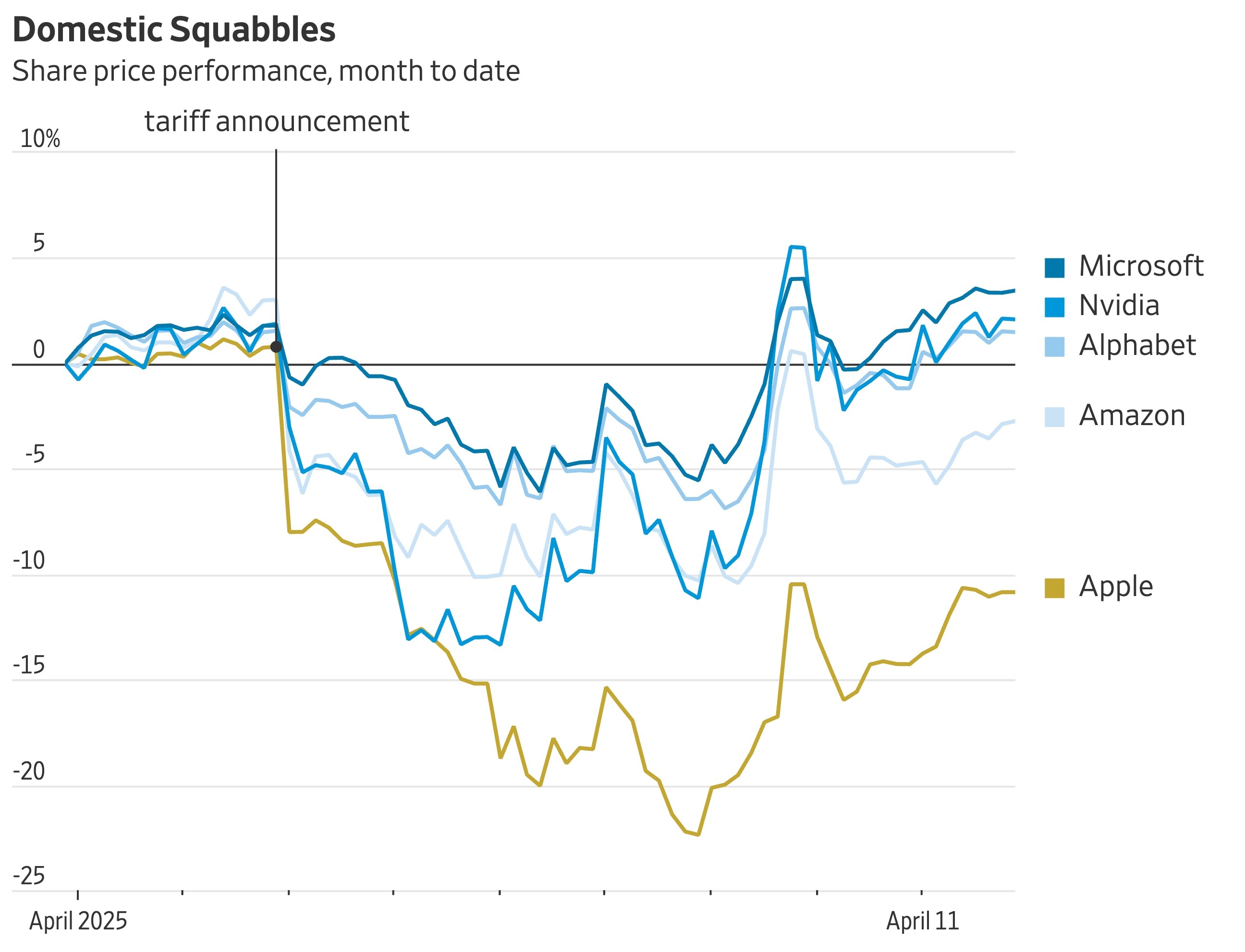 |
Stock price movements of five major tech companies since Trump announced tariffs. Photo: WSJ . |
Apple has been repeatedly called out by Mr. Trump for moving iPhone assembly lines to the US. If this actually happens, this would take Apple back 20 years. Specifically, 2005 was the first year the company announced that most of its products were assembled in China.
It is the result of many years of effort by supply chain wizard Tim Cook, before becoming Apple CEO in 2011.
In the early 2000s, Apple’s annual gross profit margin averaged just 20%, as the company assembled computers primarily in California and Ireland. By the end of the decade, that figure had reached 40%, thanks to the success of the iPhone and iPod, devices that were largely manufactured in China.
Most analysts believe that moving the iPhone assembly supply chain to the US would be ineffective, especially when China has a huge competitive advantage in manufacturing.
“In fact, major US tech companies remain heavily dependent on China’s highly integrated, highly efficient manufacturing ecosystem.
With high-volume products like smartphones, tablets and personal computers (PCs), any attempt to rapidly diversify would be costly and logistically unfeasible,” said IDC analyst Francisco Jeronimo.
According to data from the US Census Bureau, technology products exempted from tariffs will account for about $100 billion worth of goods imported from China to the US in 2024, equivalent to 23% of total imports from this country.
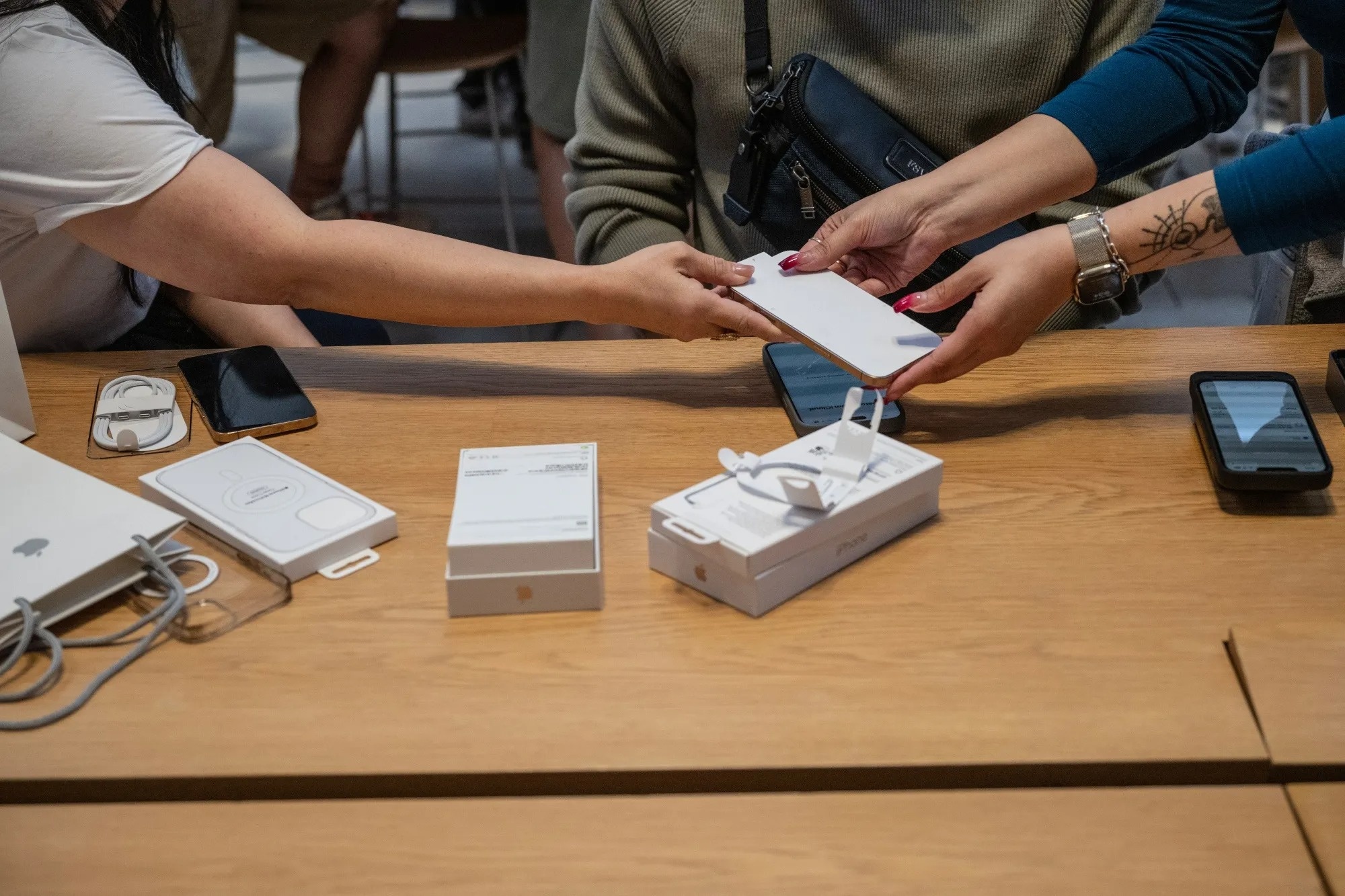 |
Users buy iPhones at an Apple store. Photo: Bloomberg . |
Moving production back to the US is not just for iPhones, but for many industries it is not practical due to high labor costs and other factors. Many products have no alternatives, and raising prices could make consumers unhappy.
Tech executives have generally refrained from publicly criticizing Mr. Trump’s tariffs, according to the WSJ . When announcing their earnings, only a handful of companies, such as Hewlett Packard Enterprise and Dell Technologies, said tariff uncertainty would impact their operations.
White House officials said they are negotiating a trade deal and have been approached by more than 70 countries, although they did not elaborate on the content or process of the negotiations.
For Apple, the uncertainty and unpredictability will continue. Despite its superior cash flow and profit margins, everything could be threatened if the trade war intensifies.
Source: https://znews.vn/apple-chua-the-voi-mung-post1545835.html


![[Photo] The parade took to the streets, walking among the arms of tens of thousands of people.](https://vphoto.vietnam.vn/thumb/1200x675/vietnam/resource/IMAGE/2025/4/30/180ec64521094c87bdb5a983ff1a30a4)

![[Photo] "King Cobra" Su-30MK2 completed its glorious mission on April 30](https://vphoto.vietnam.vn/thumb/1200x675/vietnam/resource/IMAGE/2025/4/30/5724b5c99b7a40db81aa7c418523defe)
![[Photo] Cultural, sports and media bloc at the 50th Anniversary of Southern Liberation and National Reunification Day](https://vphoto.vietnam.vn/thumb/1200x675/vietnam/resource/IMAGE/2025/4/30/8a22f876e8d24890be2ae3d88c9b201c)





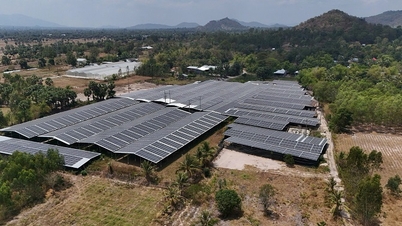
































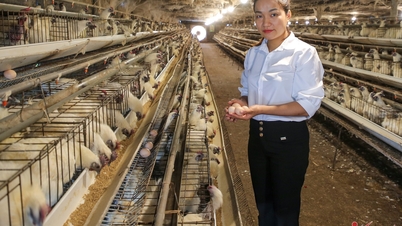






























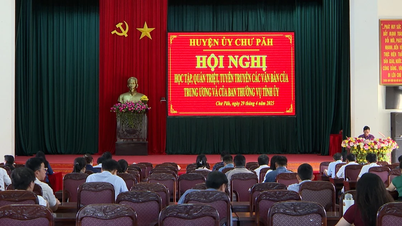
















Comment (0)